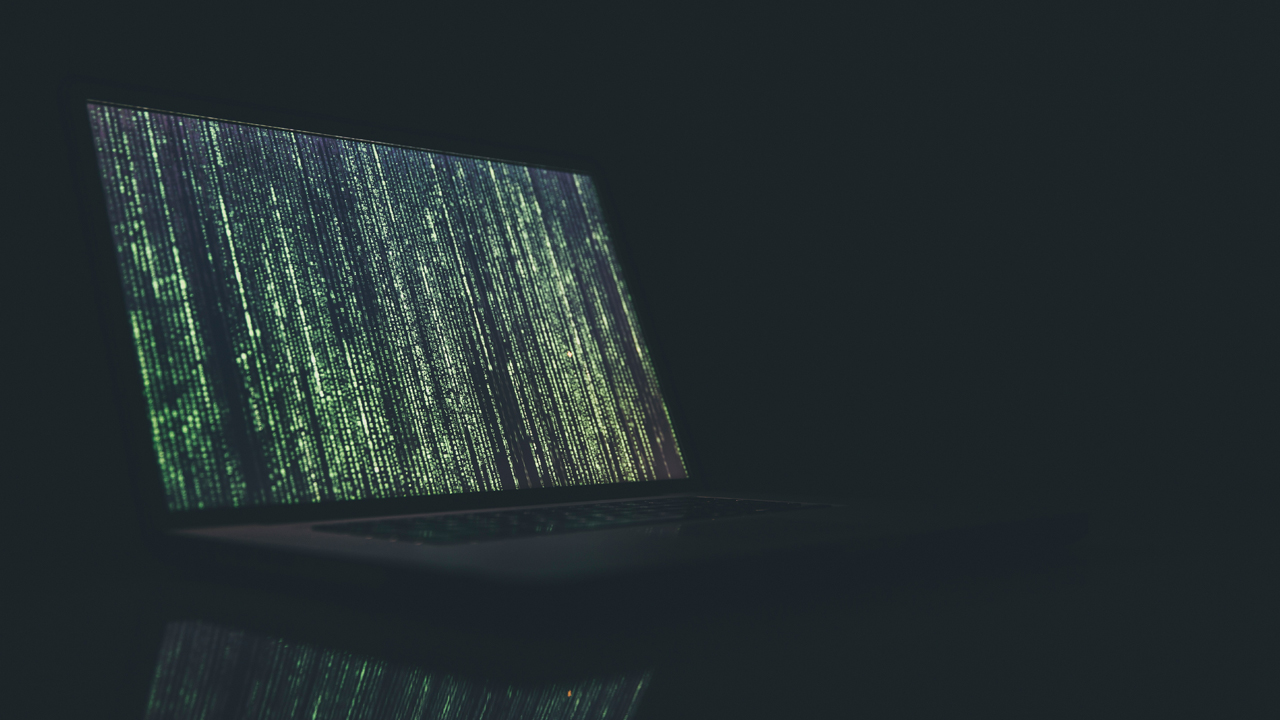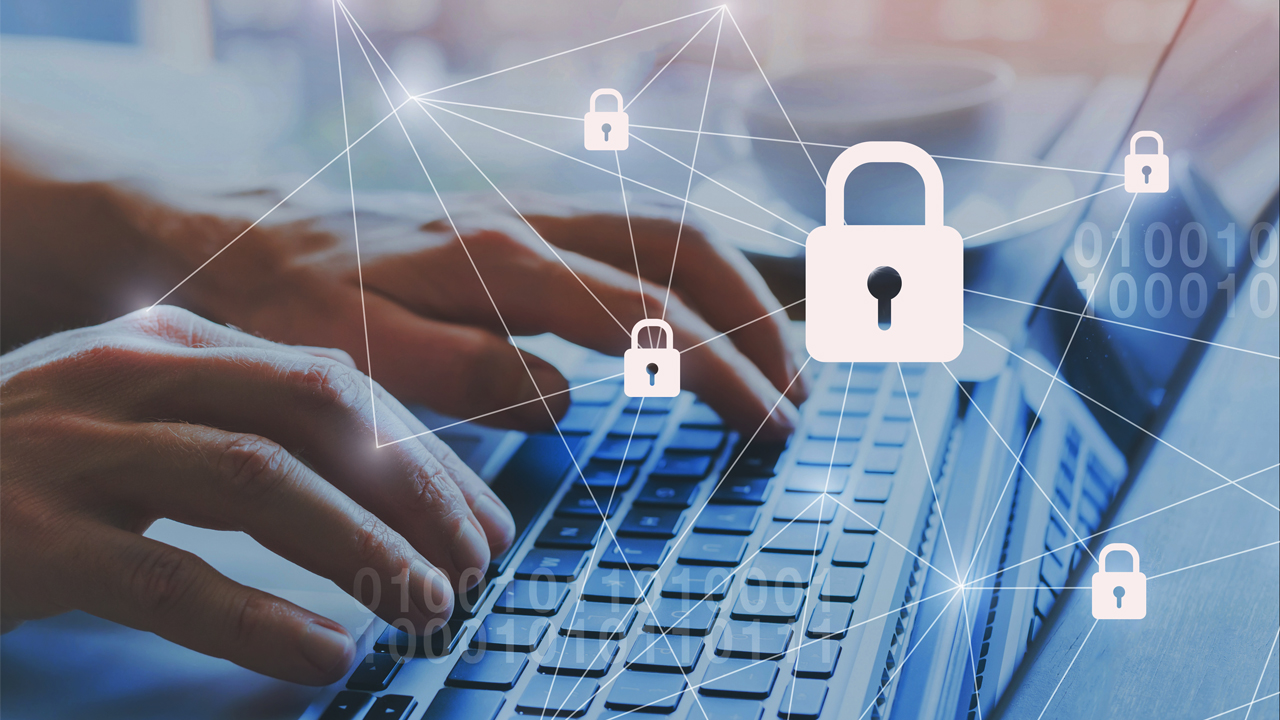Why you need to use a VPN on public Wi-Fi
Protect yourself on public Wi-Fi with a VPN

Here at Tom’s Guide our expert editors are committed to bringing you the best news, reviews and guides to help you stay informed and ahead of the curve!
You are now subscribed
Your newsletter sign-up was successful
Want to add more newsletters?

Daily (Mon-Sun)
Tom's Guide Daily
Sign up to get the latest updates on all of your favorite content! From cutting-edge tech news and the hottest streaming buzz to unbeatable deals on the best products and in-depth reviews, we’ve got you covered.

Weekly on Thursday
Tom's AI Guide
Be AI savvy with your weekly newsletter summing up all the biggest AI news you need to know. Plus, analysis from our AI editor and tips on how to use the latest AI tools!

Weekly on Friday
Tom's iGuide
Unlock the vast world of Apple news straight to your inbox. With coverage on everything from exciting product launches to essential software updates, this is your go-to source for the latest updates on all the best Apple content.

Weekly on Monday
Tom's Streaming Guide
Our weekly newsletter is expertly crafted to immerse you in the world of streaming. Stay updated on the latest releases and our top recommendations across your favorite streaming platforms.
Join the club
Get full access to premium articles, exclusive features and a growing list of member rewards.
From bustling cafes to airports and hotels, public Wi-Fi connections offer immediate internet access on the go. They may seem free and convenient, but they may also be a playground for cybercriminals.
Considering that approximately 81% of people connect to public Wi-Fi networks, it becomes imperative to have a thorough understanding of the associated risks. Your personal data, online activities, and sensitive information are all up for grabs on these unsecured networks.
So, if you've ever wondered why you need to use the best VPN on public Wi-Fi, let me enlighten you. In this article, I'll uncover why using a VPN on public Wi-Fi is not just good practice but an essential step in safeguarding your online privacy and security in an era where connectivity knows no bounds.
- Want more viewing variety? Here's how to change region on Netflix
Protect your data
When you connect to an unsecured public Wi-Fi network, your data becomes vulnerable to the prying eyes of cybercriminals and snoopers who exploit the network's lack of security.
Eavesdropping on these networks is shockingly simple, allowing malicious actors to intercept your sensitive information, such as login credentials, financial details, and personal messages. This exposure can lead to identity theft, financial loss, and other cybersecurity nightmares.
To safeguard your data from prying eyes, a VPN is non-negotiable. A VPN (Virtual Private Network) encrypts your internet connection, creating a secure tunnel that shields your data from potential eavesdroppers.
This encryption ensures that even if someone tries to intercept your data on public Wi-Fi before it gets to the VPN server, they'll only see scrambled, unreadable information, keeping your personal and confidential data safe from malicious intent.
Safeguard personal and financial information
Engaging in online banking, shopping, or accessing private emails on public Wi-Fi can expose you to significant risks. Without a VPN, your login credentials, credit card information, and personal details are vulnerable to theft.
A VPN should be part of your security toolkit as it'll maintain your digital privacy and financial well-being by using 256-bit encryption methods and securely transmitting all data to your intended location.

Bypass censorship and geo-restrictions
Using a VPN on public Wi-Fi goes beyond just security – it also allows you to bypass censorship and geo-restrictions. Connecting to a VPN server masks your true location by assigning you a different IP address, often from another country.
This means you can access online content and services, such as streaming sites and gaming titles, that might be restricted in your current location. For travelers, this is a game-changer, as it means you can watch your favorite shows or access vital services as if you were back home.
Moreover, individuals in countries with strict online censorship policies can use a travel VPN to access blocked social media platforms like WhatsApp and Instagram and communicate freely without the fear of surveillance or restrictions.
So, the next time you are frustrated by region-locked content or hindered by online censorship, remember that a VPN can be your key to an open, borderless digital world.
Maintain anonymity
Public Wi-Fi networks, especially those in commercial places, often employ tracking mechanisms to monitor user activity. From monitoring the websites you visit to collecting data on browsing habits, these networks are far from anonymous.
While these may be used for benign purposes like understanding customer preferences, they can also pose a threat to your privacy. Here's where a VPN comes to the rescue.
By using a VPN on public Wi-Fi, you can anonymize yourself on the internet. The VPN masks your real IP address and encrypts your internet traffic, making it nearly impossible for anyone, including the Wi-Fi network provider, to trace your online activities back to you.
This added layer of privacy ensures that your digital footprint remains confidential, shielding you from potential tracking and data collection.
Shield against man-in-the-middle attacks
Man-in-the-middle (MitM) attacks occur when a cybercriminal intercepts communication between two parties, often without their knowledge. On public Wi-Fi networks, these attacks become a lurking danger.
Hackers can position themselves between your device and the network's router, intercepting sensitive data like login credentials or credit card information as it passes through.
However, when you use a VPN, your data is encrypted and securely tunneled through a remote server. By encrypting your data before it leaves your device, a VPN ensures that your information remains unreadable and secure even if intercepted, blocking any attempts by cybercriminals to exploit vulnerabilities in unsecured networks.
Secure all your devices
One of the remarkable features of VPN services is their versatility – they allow you to secure multiple devices under a single subscription. So, whether you're using a laptop, tablet, smartphone, or even a smart TV on a public Wi-Fi network, a VPN can extend its protective shield across all of them.
This means your personal and sensitive information remains encrypted and secure, no matter which device you're using, and you don't have to worry about getting logged out from any of them.
It's a comprehensive solution for those who wish to maintain privacy across their entire digital ecosystem. Use VPNs like Surfshark and IPVanish (they come with unlimited simultaneous connections) to extend the VPN's protective embrace to all your connected gadgets and those of your friends, family members, and then some for complete peace of mind on public Wi-Fi networks.
Bottom line
In a world where public Wi-Fi networks beckon with the promise of convenience, it's essential to recognize a VPN's role in safeguarding your online security. The risks associated with these open networks, from eavesdropping to data theft, are ever-present and require proactive measures to counter.
Hopefully, this article has opened your eyes to some of the dangers of using public Wi-Fi services. By using a VPN on public Wi-Fi, you not only take a proactive step towards protecting your personal data but also assert your right to online privacy.
So, whether you're a frequent traveler or simply someone who values your privacy, take that extra step, invest in a trusted VPN service, and enjoy the freedom of browsing, streaming, and working with the peace of mind that your digital life is safe and sound.
Get instant access to breaking news, the hottest reviews, great deals and helpful tips.

Krishi is a VPN writer covering buying guides, how-to's, and other cybersecurity content here at Tom's Guide. His expertise lies in reviewing products and software, from VPNs, online browsers, and antivirus solutions to smartphones and laptops. As a tech fanatic, Krishi also loves writing about the latest happenings in the world of cybersecurity, AI, and software.
 Club Benefits
Club Benefits










